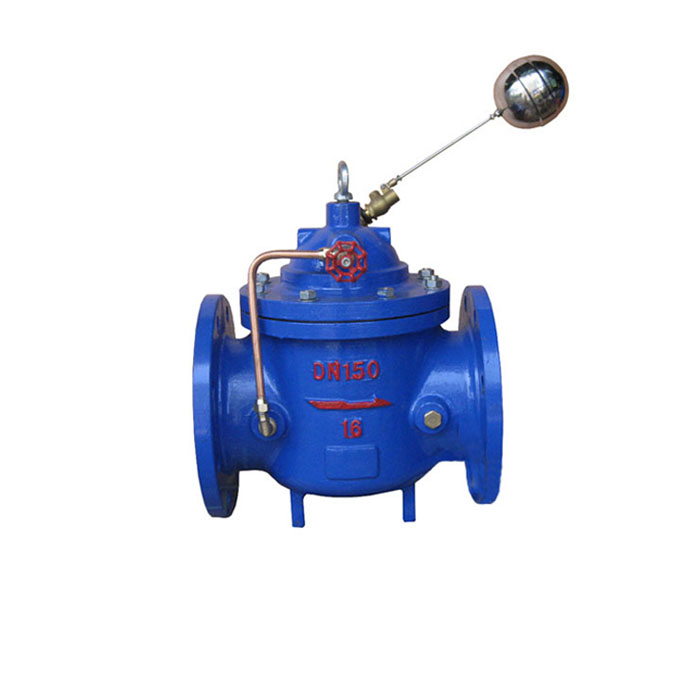large needle valve
Understanding Large Needle Valves An Essential Component in Fluid Control
Large needle valves are specialized instruments used in various industrial applications to regulate the flow of fluids and gases. Their design and functionality make them critical components in systems that require precise control of fluid movement, handling varying pressure levels and ensuring operational efficiency. This article delves into the unique features of large needle valves, their applications, advantages, and considerations for selection and maintenance.
What is a Large Needle Valve?
A needle valve is a type of valve equipped with a slender, tapered end that allows for fine adjustments in flow regulation. Unlike traditional valves that can quickly open or shut off flow, the needle valve's design enables careful modulation. Large needle valves, specifically, are designed for higher capacity systems, allowing for greater flow rates while maintaining the ability to accurately control the fluid passage.
The construction of large needle valves typically involves durable materials like stainless steel or brass, capable of withstanding high pressures and challenging environments. They feature male and female threads for easy installation within piping systems and often come with flanged connections for larger applications.
Applications of Large Needle Valves
Large needle valves are utilized across various industries where precision in fluid regulation is paramount. Some key applications include
1. Oil and Gas Industry In upstream and midstream operations, large needle valves control the flow of crude oil, natural gas, and other hydrocarbons. Their ability to manage significant pressures while providing accurate flow control is essential for pipeline integrity and safety.
2. Chemical Processing Chemical manufacturing processes often require precise dosing and mixing. Large needle valves allow operators to finely adjust the flow rates of reactants, ensuring optimal conditions for reactions and safety in handling volatile substances.
3. Power Generation In power plants, large needle valves manage the flow of steam and water within boiler systems. Their reliability is crucial for maintaining efficiency and safety in energy production.
large needle valve

4. Water Treatment Water and wastewater treatment plants use large needle valves to control the distribution of chemicals and treatment agents, ensuring effective processes while minimizing waste.
5. Cryogenic Applications In industries dealing with liquefied gases, large needle valves facilitate the controlled flow of substances at extremely low temperatures, where precision is key to maintaining system stability.
Advantages of Large Needle Valves
One of the most significant advantages of large needle valves is their ability to provide very fine control of fluid flow. This precision is vital in processes that require exact measurements, preventing overflows or underdosing. Additionally, their robust design allows them to handle high pressures and corrosive environments, making them a reliable choice for many applications.
Moreover, large needle valves are typically less prone to leakages when compared to other types of valves, thanks to the tightly sealed closure and quality materials used in their manufacture. This characteristic enhances system safety and increases the operational lifespan of the equipment they are integrated with.
Considerations for Selection and Maintenance
When choosing large needle valves, several factors should be considered to ensure optimal performance. First, the material of construction should be compatible with the fluid being handled to avoid corrosion and chemical reactions. Additionally, the pressure and temperature ratings of the valve must align with the operational requirements of the system.
Maintenance is crucial for ensuring the longevity and functionality of large needle valves. Regular inspections should be conducted to check for signs of wear, leaks, or corrosion. Periodic cleaning may also be necessary to prevent any build-up of contaminants that could hinder performance.
Conclusion
In summary, large needle valves are vital components in a variety of industrial applications, offering precise control over fluid flow necessary for efficient and safe operations. With their robust construction and ability to function under challenging conditions, they stand as a reliable choice for engineers and operators looking to optimize their systems. Understanding their features, applications, and maintenance needs ensures that these valves can continue to perform reliably in various demanding environments. As industries evolve, the role of large needle valves remains foundational in achieving operational excellence and safety.
-
Breakthrough in Domestic Low Temperature Valve Technology in ChinaNewsAug.18,2025
-
From Machinery to Intelligent Brain: The Digital Transformation Wave of the Valve IndustryNewsAug.18,2025
-
PCVEXPO 2025NewsAug.18,2025
-
The Key to Fluid Control: Exploring the Advantages of Ball Valves in Industrial SystemsNewsJul.09,2025
-
The Versatile World of 1, 2, and 3 Piece Ball ValvesNewsJul.09,2025
-
Stainless Steel Ball Valves: The Ideal Choice for Efficient Flow ControlNewsJul.09,2025
-
Optimizing Fluid Control with Ball Float ValvesNewsJul.09,2025




